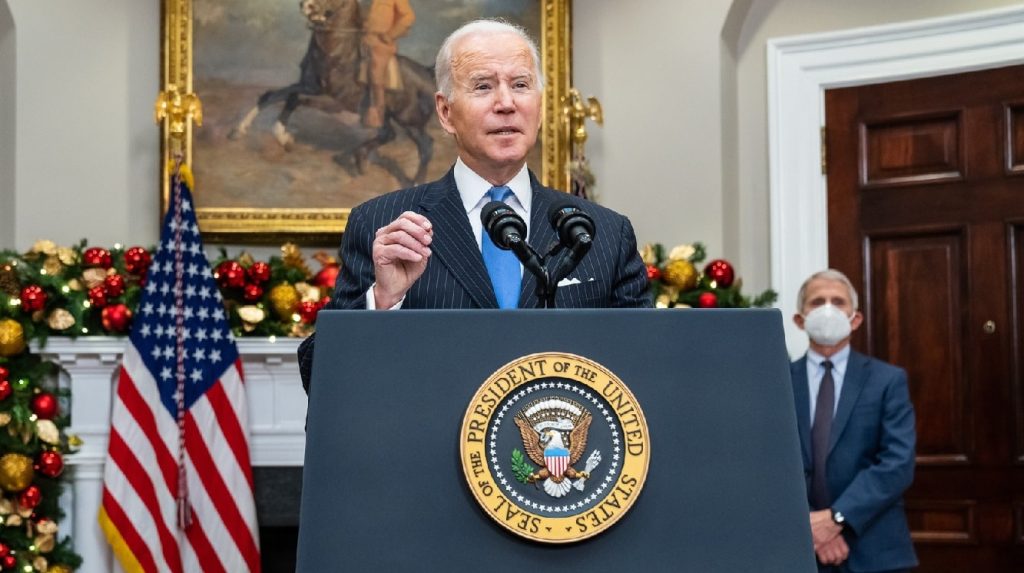
“The White House makes it clear in background discussions and interviews that this year’s U.S.-Africa Leaders Summit aims to demonstrate that the United States is prepared to compete in Africa. President Biden deserves praise for realizing that the United States cannot assume that Africa will always be there.
But the idea that there is a single best approach for the continent is patronizing.
The White House could claim that a single Asia-focused policy is sufficient. Are Saudi Arabia and Japan comparable? Another option is to see the leaders of democracies like France and Germany as equals to those of dictatorships like Belarus and Turkey. Would such a strategy for Europe make sense? The diversity of Africa and its governance call for different approaches. The United States can compete better than China and Russia among the democracies in Africa. If Beijing tries to pay them off, governments accountable to the people they represent lack both power and immunity from consequences. However, until the United States is competent and prepared to out-bribe the Chinese Communist Party to beat them at their own game, countries like Equatorial Guinea, Algeria, or Somalia require a strategy that is more centered on U.S. pressure.
That also applies to Russia. Russian influence expanded as French dominance in the Sahel waned. The United States is in a bind here. Because Russian paramilitaries were eager to do what the French would not: attack adversaries based on ethnicity, Mali’s junta expelled Paris, and the nation went to Moscow. The conferences and lunches in Washington are enjoyable, and while Biden correctly left Mali out, he still hasn’t come up with a plan to address the issue Mali poses.
Other times, as in the Central African Republic, Russia used paramilitaries like the Wagner Group to maintain plausible deniability and to steal the nation’s resources to pay for the intervention and make money. Frequently, weak presidents ask Russia to support their rule, thus surrendering their nation’s future to further their dominance. The United States similarly lacks a defined approach in this area. Punishing countries using Wagner mercenaries will not be influential without a plan to compete with the Russians.
“Forever wars” were something Biden campaigned against. Once in office, he increased his efforts. It is absurd that the Biden administration would send American troops into nations like the Central African Republic to deny the Russians space. It seems improbable that any Republic government would dispatch the military to quell a rebellion today.
If there is sufficient follow-through, the U.S.-African Leaders Forum might be a positive starting step, but it is naive to think that diplomacy could allow U.S. competitiveness on its own. Is it surprising that China and Russia don’t follow the norms of the rules-based system, given that both challenge the order?
Pressure is crucial to stop China from using countries like Equatorial Guinea as a base. The Obama administration’s decision to remove the Lajes Airfield from the Azores should be reversed. It is also essential to recognize the geopolitical rationale of Somaliland ties in light of China’s growing involvement in the nearby country of Djibouti.
A fresh approach is necessary to address the Russian issue. In this case, the White House should cooperate with African nations like Rwanda that are ready to send troops on the ground. More resources are needed for this than for lavish meals or red carpets. Additionally, it implies that constant two-way diplomacy will be required on the side of the State Department rather than having Secretary of State Antony Blinken parachute into capitals, lecture without listening, and then leave.
In other words, if the United States is to win, it is essential to acknowledge that diplomacy alone won’t be sufficient and that American humility cannot be in such short supply






